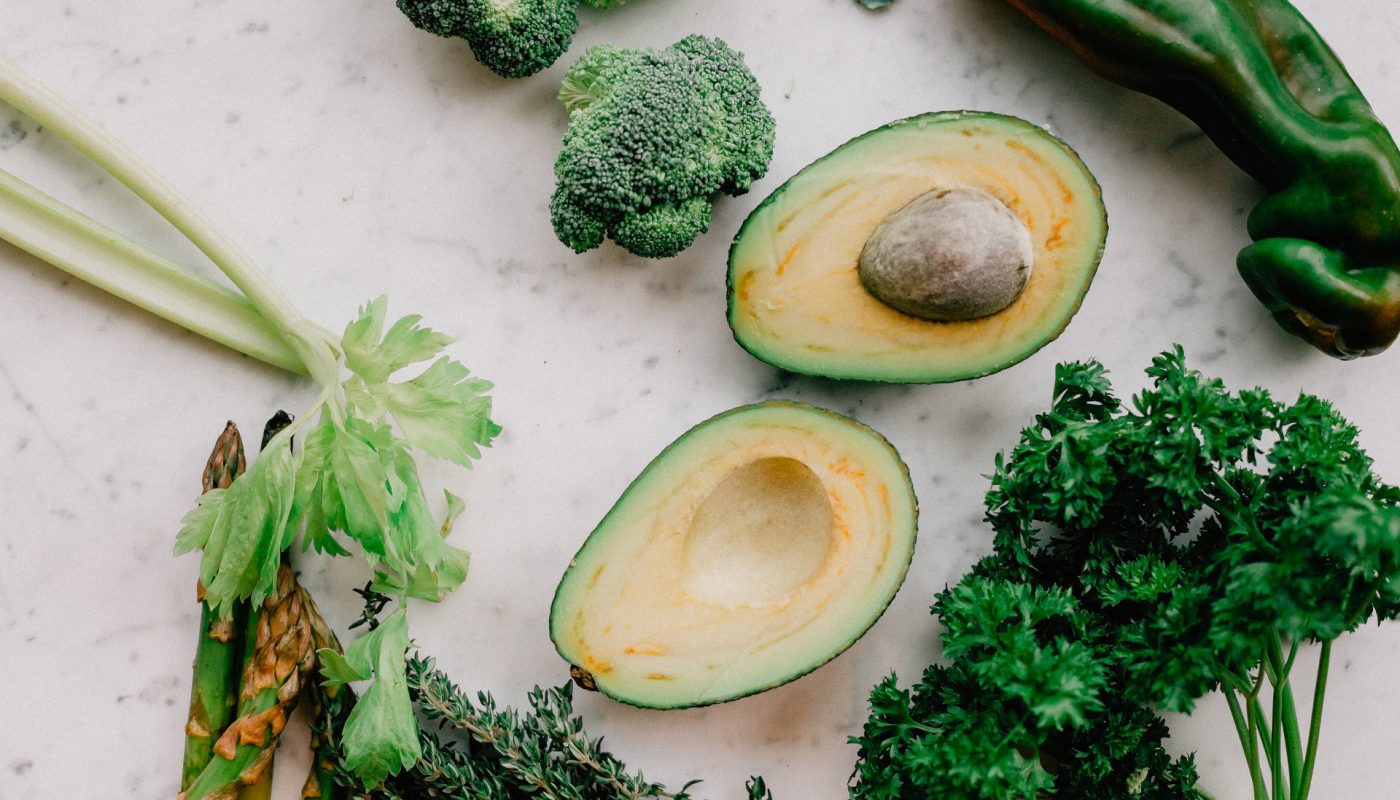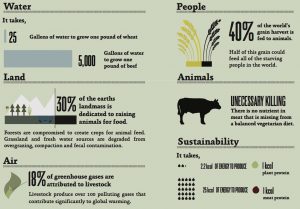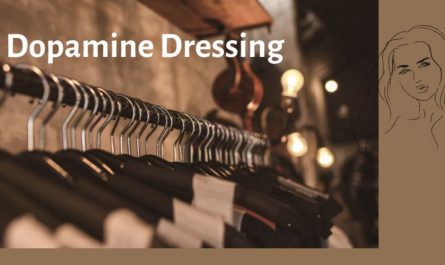Welcome to my new blog post! This time, we’ll explore “Veganism” in a nutshell. As we found out in my previous articles, we know that we indirectly support certain brands and provide them with money to continue production. By doing so, we support not only the product itself but also the practices and morals of certain companies. Therefore, it’s crucial to reflect on our values and why we truly want to adopt this lifestyle before going vegan.
1. The Term “Veganism.”
The Vegan Society defines “Veganism” as a way of living that seeks to exclude—as far as is possible and practicable—all forms of exploitation of, and cruelty to, animals for food, clothing, or any other purpose. It supports the development and use of animal-free alternatives to benefit animals, humans, and the environment. In dietary terms, it corresponds to the practice of avoiding all products derived wholly or partly from animals.
2. There are Different Types of Vegans
Depending on the reasons for adopting a vegan lifestyle, there are different vegan types: ethical vegans, environmental vegans, health vegans, and religious vegans. However, it’s common for every kind of vegan to have a plant-based diet avoiding eating animal foods, whether from land animals (meat, dairy, eggs, honey, shellac, leather, fur, etc.), or water animals (fish, prawns, crab, lobster, etc.)
3. Plant-based Foods are Rich in Nutrients.
Well-planned and healthy vegan diets tend to be higher in fiber, vitamins A, B1, C, and E, antioxidants, folic acid, magnesium, iron, and minerals. However, vegans should ensure an adequate intake of the following nutrients:
- Calcium. Some plant-based foods containing calcium are broccoli, brussels sprouts, milk, and yogurt made from soy, almond, rice, oats, and coconut.
- Vitamin D. It incorporates calcium into bones and teeth. Vegans can compensate for calcium with natural sunlight and supplements.
- Omega-3 fatty acids. They can be found in ground flax seeds, chia seeds, walnuts, and hemp seeds. Yet, it can be supplemented to ensure an adequate intake.
- B12. A reliable source of it can be found in foods fortified with B12 (some plant milk, soy goods, and breakfast cereals) and B12 supplements, as this is the only way for vegans to get it.
4. It Offers Many Plant-based Protein Sources.
Vegans can easily get their recommended amount of proteins by eating various foods such as lentils, chickpeas, black beans, veggie burgers, tofu, nuts, peanut butter, soymilk, rice, spinach, whole wheat bread, potatoes, broccoli, kale, etc. Almost all foods provide some protein except for alcohol, sugar, and fats.
5. It helps to Reduce the Risk of Many Diseases.
Vegans are less likely to develop cancer, heart disease, diabetes, high blood pressure, hypertension, and obesity than meat-eaters. This is because plant-based foods do not include the harmful ingredients in meat like cholesterol and saturated animal fat, which may cause sickness in people over time. In addition, according to a study, women scored 34% lower rates in female-specific cancers such as breast, cervical, and ovarian cancers; the results were similar in men for prostate cancer.
6. “Ethical Vegans” Avoid the Use of any Animal Product.
For many people, ending animal exploitation and animal welfare are the biggest reasons to become and stay vegan. Objecting to use animals as commodities is one of the ways to prevent animal cruelty. Ethical veganism includes not only avoidance of animal products in diet but also in daily life such as experiments on animals, fabrics made from animals (silk, wool, leather, suede, down, fur, etc., personal care products (beeswax, keratin, lanolin, etc.), animals used for entertainment (circuses, zoos, elephant riding, marine parks, etc.).
7. It Has Many Benefits for the Environment & People
Animal agriculture has many detrimental effects on the environment – feeding animals with crops and water, transporting them, air pollution, water pollution, etc. Research shows that an additional 4 billion humans could be fed if the crops were grown directly for human consumption, rather than feeding farmed animals and consuming them.
“The United Nations Food and Agriculture Organization (FAO) estimates that one in nine people are chronically undernourished.” Therefore, adopting a vegan lifestyle rather than feeding a growing population with animal products can help to decrease the overconsumption of resources (land, water, and fossil fuels).
It’s worth saying that avoiding all animal products is almost impossible; however, if you look back on the definition of “Veganism,” excluding them as far as possible and practical meets the aim of the vegan lifestyle. In my following posts, we’ll be looking for ways to adopt this lifestyle and reduce animal food consumption.
Previous posts:





What an Informative and nicely written post, Begüm! 👏 I think you were really able to include everything crucial without overloading your readers with boring details.
I also like your approach to writing about veganism without pushing others to live such a lifestyle (Especially because vegans often criticized that they want to enforce it on everyone). Despite this, your arguments are clear and inspire me to work towards a more plant-based life! Great job!💕
Thank you Lea for your great comment! 💕 I am glad that you find my content understandable and inspiring. I’m also aware that there is some pressure in this regard, but I don’t find it right. Everyone should adopt and maintain the lifestyle that suits them best. I am just trying to show that a more sustainable way of living is possible for us and the environment. I am also happy that you are interested in a more plant-based life! 🙂
Very informative and inspiring! Thank you Begüm! The fact that veganism contributes to reducing the risk of cancer and other serious diseases really makes one want to switch….
Thanks for your comment Sofia! Yes, a plant-based lifestyle is actually beneficial in many ways, and reducing health problems is one of the most crucial contributions of veganism, in my opinion 🙂
Already being on a plant-based diet for a long time now I still gained great insights again here, Begum! Loved your holistic approach going beyond veganism in terms of dieting and also reflecting on the consumption of other goods like clothes.
Thanks, Azim for leaving a comment! I am glad that I could provide you with new insights, which I hope you can adapt to your life 🙂